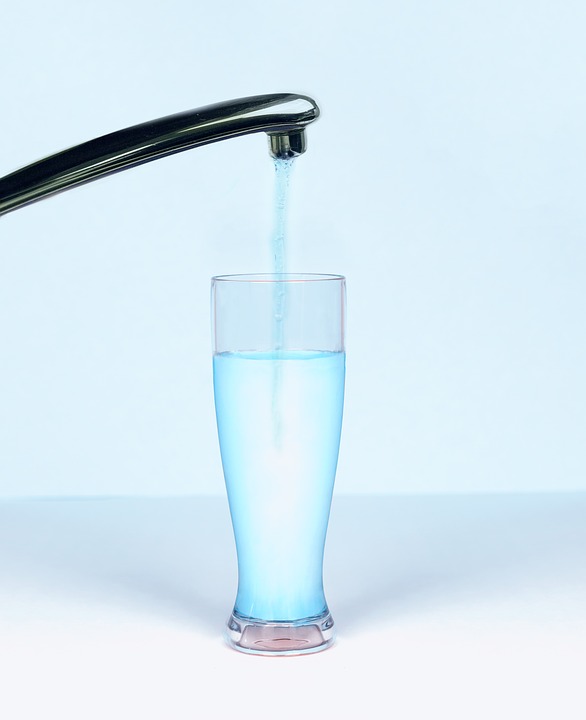Saving Money By Drinking Filtered Water Instead Of Bottled Water

There is no denying that high-quality, filtered tap water will always be less expensive than bottled water. You can save hundreds of dollars a year by switching from bottled water to a water filtration system. Bottled water costs more because it is packaged in plastic water bottles, manufactured at a higher cost, and transported from the warehouse or store to your place of business in heavy containers.
A wise financial decision begins with the groceries for some of us. A food budget, grocery shopping with a list, stockpiling groceries, and comparing prices are all part of that process. Still, you can make a simple change in your grocery routine to save money and benefit the environment at the same time: switch from bottled water to filtered water.
The United States spends $16 million a year on bottled water despite 99.2% of Americans having access to safe tap water. Since bottled water has won over the public through creative and compelling marketing techniques, it’s understandable why Americans choose it over tap water.
Nevertheless, bottled water is an extremely expensive product, with most money going into production and distribution. It can be costly to produce plastic bottles and package and distribute bottled water. We must also factor in marketing costs, retailer markups, and sales commissions.
Today, we will show you how you can save big by switching to filtered water instead of bottled water by analyzing the actual cost of bottled water. This article will delve into the economic and health impacts of drinking bottled water versus filtered tap water.
Bottled vs. Filtered Water: Cost Analysis
Water filtering systems such as the best reverse osmosis systems are expensive upfront. The pricing for our reverse osmosis systems in America starts at around $200.
For every gallon of water they produce, reverse osmosis systems generally use one or two gallons of water. According to a survey, the United States charges residents $0.007 per gallon for tap water. Therefore, if you drink a gallon of water every day, the additional cost would be $0.014 per gallon. It’s a negligible cost even if you assume the worst.
Let’s put all of the costs associated with bottled water and filtered tap water into perspective.
According to The Atlantic, Americans drink 58 gallons of water per year on average.
A yearly cost of $70.76 for each household member if you buy bottled water in bulk. If you purchase individual bottles (as most Americans do), you will pay approximately $435 per person per year.
In Arizona, unfiltered tap water would cost you 40 cents a person a year (according to worst-case scenarios).
A reverse osmosis system that consumes two gallons of water for every gallon produced that would cost you $1.20 per person per year.
Reverse osmosis systems are likely to have upfront installation costs, but they disappear after two years. So you can very quickly assure your family of pure drinking water through reverse osmosis.
In light of our extensive exploration of bottled water vs. tap water costs, let’s examine which is healthier for us: filtered water or bottled water.
Water Filtered vs. Bottled: Health Effects
Research has demonstrated for decades that bottled water is not as healthy as people think. One reason is that bottled water is not regulated like tap water. It’s no secret that US tap water is seriously contaminated, so this is very alarming.
In many cases, the only difference between bottled water and well water is that you trust the manufacturer to test the tap water before bottling it.
Therefore, you outsource the work involved in filtering the tap water. Despite the alleged health benefits, bottled water companies will happily charge you hundreds of times more than the cost of filtering your tap water yourself.
It could be harmful to your health to drink bottled water as the plastic used in their production could harm your health.
The plastic bottles are particularly vulnerable to leakage of chemicals if they are stored in areas where the temperature is high. If you live in a place that experiences oppressive summers, you may have to endure hot cars, backpacks, or even your own home.
In Conclusion
From an economic standpoint, bottled water is a pure waste of money. There are 3000x more dollars spent on bottled water by consumers than if they just drank from the tap.
Even though reverse osmosis can filter water at home, bottled water is exponentially more expensive. By the time you take the time to learn (by reading the article this far) and consider the risks it poses to your health and the environment, you can see why no one would want to drink bottled water.
